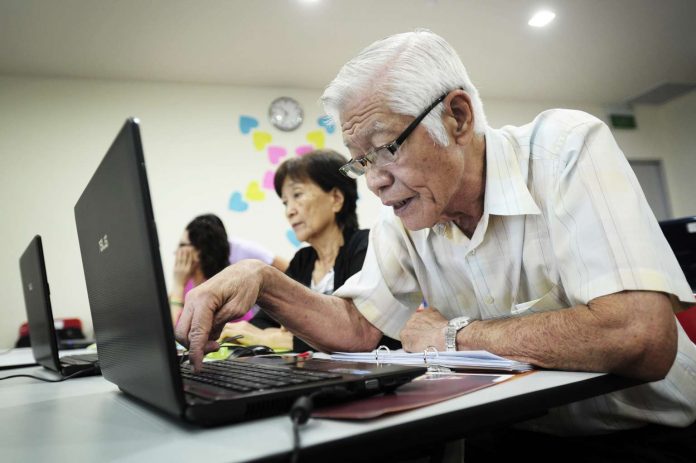As work-life transformations are still being shaped by the pandemic, another aspect of employment that is also evolving in the Philippines is employee benefits, particularly pension plans.
Statutory retirement benefits, which used to be the norm, are no longer sufficient. This social security pension scheme is ranked the second lowest in Asia, and 41 out of 43 retirement systems in the 2021 Mercer Global Pension Index.
Currently, about half of employers (51%) in the Philippines offer only statutory pension benefits, the equivalent of having no formal retirement plans.
Yet, many (60%) recognize that providing more formal retirement plans is a good way to attract and retain key talents – crucial for the young workforce in the Philippines, where millennials aged 25 to 40 make up the largest group.
This mindset will push the momentum to reinforce retirement planning, according to the latest Retirement Plan Survey by Mercer Philippines that polled 70 employers who hire almost 30,000 employees.
Among the employers without formal retirement plans, half intend to set up one within the next two years.
With the proposed Capital Markets Development Act of 2021 already passing Congress and now awaiting the Senate’s approval, companies will be compelled to start thinking about how they should be redesigning their pension plans to adapt to the requirements of the pending law.
Much thought needs to be given to this so that companies can prepare and study not just how to set up or change their pension plan design, but also how they will educate and raise the awareness of their staff about saving for their retirement.
The objective of the Capital Markets law or House Bill 8938 is to establish a private retirement and pension system that is fully funded, portable and more actuarially fair and stable. This will allow employees to save for their retirement years, something which is not happening currently.
Moving from Defined Benefit to Defined Contribution
There are different pension plan designs in the Philippines which consist of Defined Benefit (DB), Defined Contribution (DC) and hybrid plans.
Under a DB plan, employers give employees a predetermined sum of money. The pay-out is calculated based on several factors, such as salary and years spent with the company. Pension fund investment risks are solely borne by the employer.
Under a DC plan, both employers and employees contribute to the pension fund regularly. The fund, together with the investment risks, is under the control of employees, who can access it readily. As investment experience determines how much the fund will grow based on market factors, there is no predetermined sum of money that will be paid out.
Increasingly, companies in the Philippines are considering switching to DC plans – viewed as more sustainable in the long run even though employees have to be educated on fund management and investment.
Employees can also greatly benefit from DC plans, which give them more freedom and say in overseeing their pensions.
Rewarding the employees
When employers decide on a suitable retirement plan, it is also critical to understand what employees are looking for.
Based on millennial employee feedback on financial well-being, the top three things that they value are: long-term financial planning (78%), flexible options for savings and investments (76%), and enhanced retirement contributions from employers (76%).
As for the type of companies that employees want to work for, almost half prefer employers that offer responsible rewards (50%), as well as physical, psychological and financial well-being (49%).
Going forward, companies will need to think more broadly about how to help employees achieve their retirement goals, while delivering responsible rewards. This can be done by offering the right retirement plans and more employee education on investments.
Revitalizing pension plans
The priorities of employers in establishing retirement plans vary. However, the areas of utmost importance are planning design against the market (35%), investment options (26%) and funding strategy (21%).
For DB plan management, choosing investment options (40%) is among the top three priorities, while employee education (22%) and employee engagement (33%) rank high for DC plan management.
As companies review their retirement plans, many will have questions about the design of benefits, investment outlooks and fund management. An effective strategy is to tap on experts who can help map out and manage company retirement plans.
Mercer Philippines offers employers the full package in designing retirement programs. “We also offer forward-thinking solutions that will enable your company to incentivize employees and thrive in the future of work,” it said.






















